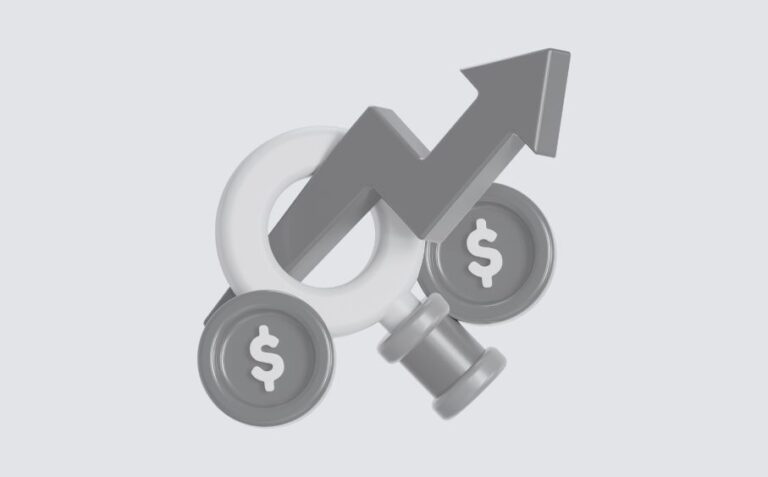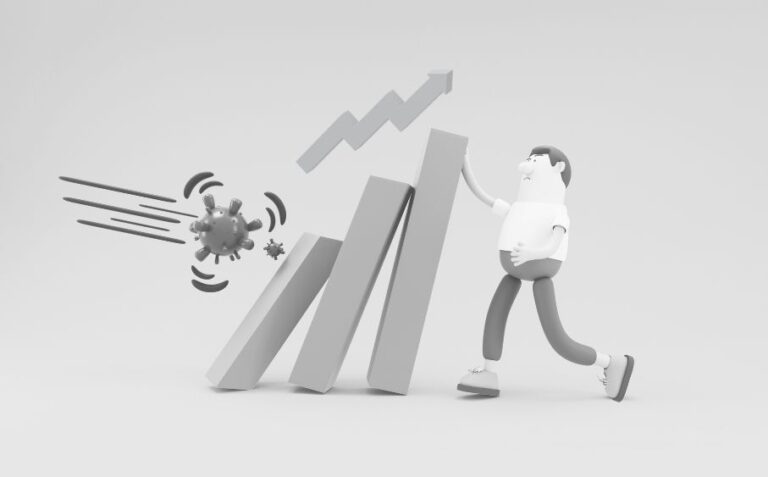What is price gouging? Price gouging is a sudden increase in vital goods and service prices, especially during emergencies or disasters. This happens when demand for certain products increases and supplies run low. The sellers increase prices for necessities like food, water, medical supplies, and fuel.
Price gouging describes how sellers take advantage of temporary market conditions to charge excessive amounts, which forces consumers paying far more than usual for essential items. This practice is also illegal in many jurisdictions, especially during states of emergency or other crises when consumers have fewer alternatives.
Why Does Price Gouging Happen?
If a sudden rise in demand combines with a limited supply, this situation can lead to price gouging. Natural disasters, pandemics or other crises cause customers to buy products in a panic state, which creates a sudden demand for essential products. Sellers often raise prices when supply lines break down, or stock runs low, thus exploiting the urgent needs of buyers.
Price Gouging in Ecommerce
Some examples of price gouging exist in ecommerce. Price gouging can occur both in regular shops and online marketplaces. Online platforms have seen instances where merchants really hike up costs for products people need during emergencies, just as occurred in the Covid-19 crisis.
Price gouging in ecommerce can significantly damage a brand’s reputation and destroy consumer trust. People who believe a merchant profits too much from emergencies will switch to other sellers.
Factors Influencing Price Gouging
Natural Disasters
After hurricanes or earthquakes, prices of bottled water, generators, and construction supplies can multiply. Sellers increase prices because the sudden demand leaves buyers with few alternatives.
Pandemics
During the COVID-19 pandemic, there were an extreme overcharging for sanitizers, masks along with additional medical supplies. A rapid increase in consumer needs plus initial product shortages let some vendors charge unreasonable amounts to maximize profits during emergencies.

Economic Instability
Basic goods like fuel, food, or medical supplies often experience sudden cost spikes when markets turn unstable or when political issues arise. A lot of merchants take advantage of customer anxiety besides desperation, as people expect future shortages and higher prices.
Why is it Considered Unethical and Often Illegal?
Is price gouging illegal? The practice of price gouging hurts consumers when they’re really vulnerable, particularly in emergencies or catastrophes. So, it is widely viewed as unethical. Merchants exploit situations where people have no other choices and there is a critical need for certain goods. This leads to an excessive pressure on customers who struggle with money at the moment of hard times.
Laws to prevent price gouging and protect consumers from exploitation, exist in many places . These laws prohibit raising prices beyond a certain percentage and above normal market prices during official emergencies or disasters.
Impact on Consumers and Businesses
Price gouging harms consumers through unfairly high prices and damages company reputations. The businesses that engage in it risk legal consequences, lose customer trust or face damage in brand image.
Customer education plays an important role while dealing with price gouging. People who are familiar with rules or regulations can protect themselves from unreasonable price increases. A fair pricing approach, even in emergencies, creates loyal customers and community support. Companies that maintain reasonable prices build better customer connections and a solid reputation that leads to lasting growth.
How to Avoid Price-Gouging Practices
A business needs straightforward and fair pricing guidelines that reflect ethical considerations, particularly during emergencies. Transparent pricing and clear communication with consumers really matter. Companies can also track prices to maintain a fair market position and protect consumer interests while keeping their businesses profitable with a good name.
Wrap Up
Price gouging creates ethical challenges in pricing strategies, especially in hard times like emergencies and disasters. Businesses must grasp its meaning, reasons or effects thoroughly to handle tough market situations responsibly. Fair pricing commitments are also important not to face legal issues and develop stronger, lasting customer trust, leading to sustained success in the long run.





